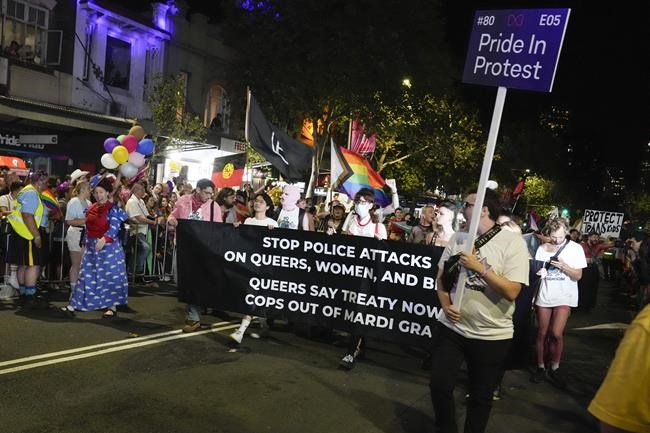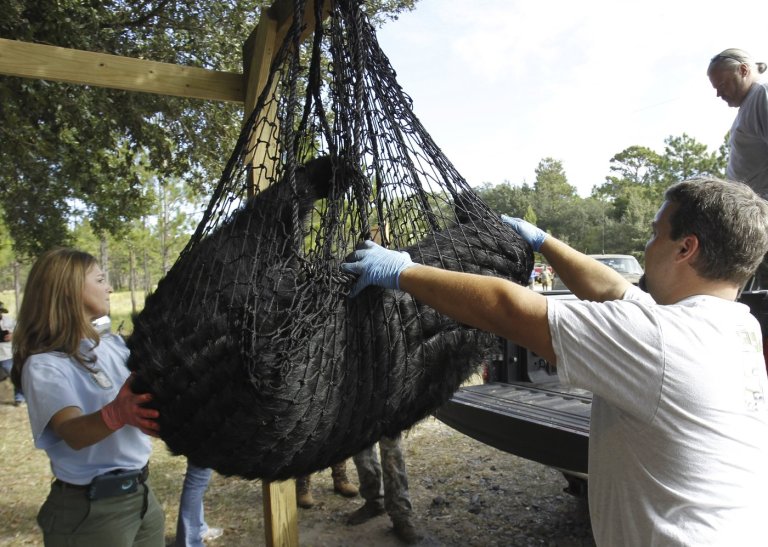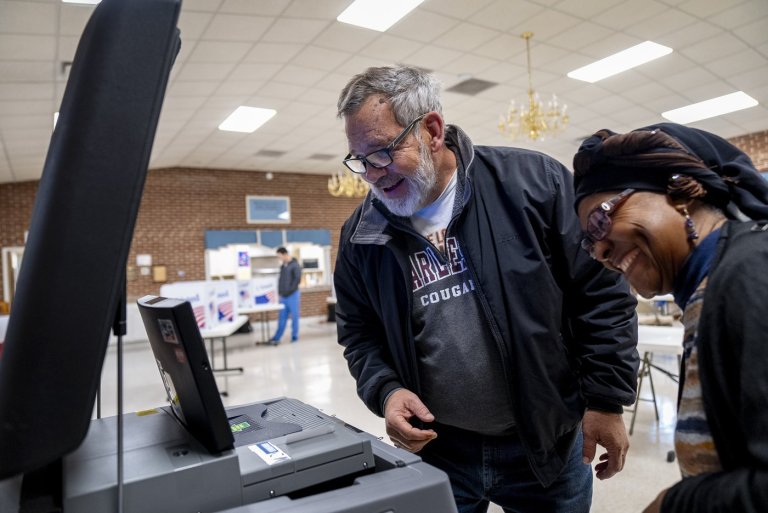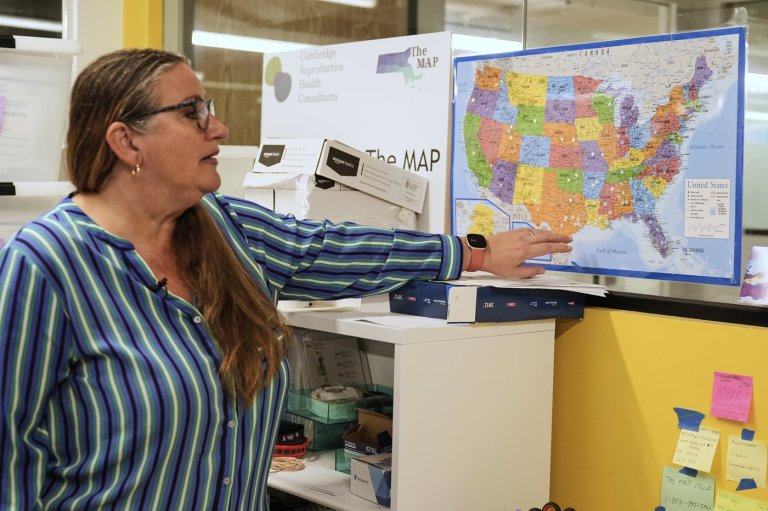
Police will be allowed to march in Sydney’s Gay and Lesbian Mardis Gras, but not in uniform
MELBOURNE, Australia (AP) — Sydney Gay and Lesbian Mardi Gras organizers agreed Wednesday to relax their ban on police marching in their annual parade with a compromise condition that officers do not wear uniforms.
The decision comes a day after Australian police found the bodies of a couple allegedly shot and killed by an ex-boyfriend, who happened to be a police officer, after he admitted to killing them and hiding their bodies under rocks and debris on a rural property.
On Monday, the board of one of the world’s largest gay pride celebrations asked police not to attend after Senior Constable Beau Lamarre-Condon, 28, was charged with murder in the shooting of his ex-boyfriend and former television reporter Jesse Baird, 26; and Baird’s partner, flight attendant Luke Davies, 29. The couple was killed Feb. 19 in Baird’s home in Sydney. Lamarre-Condon, who briefly dated Baird until late 2023, was arrested Friday.
New South Wales Police Force Commissioner Karen Webb had protested against police being excluded from the March 2 parade, arguing that the homicide was an alleged “crime of passion” rather than the result of “gay hate.”
Webb and the board announced the compromise Wednesday against a background of public anger.
“Police have agreed not to march in uniform, in consideration of current sensitivities,” Webb said in a statement. “I am delighted that our LGBTQIA+ officers, as well as our other police who are allies and supporters, will be allowed to march this year as they have done for the past 20 years.”
The Mardi Gras board added in their statement that police would participate in a “reduced capacity to the originally-planned NSW Police float.” The board did not elaborate on that reduction.
Lamarre-Condon has marched with the police contingent in past parades.
Sydney Gay and Lesbian Mardi Gras began in 1978 as a street protest against discrimination that was brutally broken up by police. Police participation since then has always been divisive, but uniformed police officers have been marching since 1998 as a gesture of respect and support.
Rights campaigner Charlie Murphy described police marching Saturday as “salt on open wounds.”
Australian Federal Police officers have decided not to march, abandoning plans to join their New South Wales state police counterparts.
“This decision was not taken lightly, but we acknowledge how some in the community are feeling about the blue uniform,” a federal police statement said.
Join the Conversation!
Want to share your thoughts, add context, or connect with others in your community?
You must be logged in to post a comment.

















